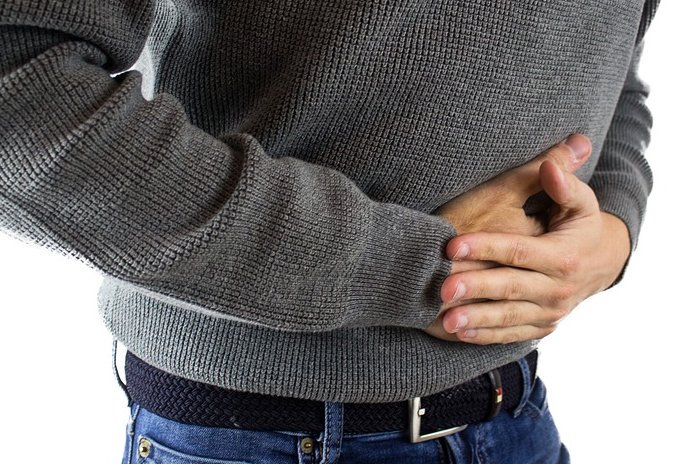Hypertension which is also known as high blood pressure is a condition where the blood exerts force against the artery walls. If suffering from this condition, the blood pressure is higher than 130 over 80 mmHg which otherwise normally is 120 over 80 mm. Hypertension can cause strokes, heart attacks, and other problems. This problem is very common and almost every third person suffers from high blood pressure. Early diagnosis is very important as hypertension does not have prominent symptoms and delay might lead to severe problems. Hypertension can be divided into primary and secondary where the former gradually increases due to age factor and the latter is identified suddenly and is caused due to the underlying condition.
Causes and Risk Factors
- Chronic kidney disease: kidneys respond to low blood flow by releasing hormones that retain sodium and water and this leads to the additional fluid which increases blood pressure.
- Adrenal and thyroid disorders: lack of thyroid hormone or excess of it will lead to blood pressure.
- Stress: during stressful conditions, certain hormones are released that increase the heart rate and cause blood pressure.
- Older age: As you grow old, the risk of high blood pressure increases.
- Obesity: due to the number of fatty tissues in obese people, there is high vascular resistance which increases the work of the heart to pump blood.
- Smoking and Alcohol consumption: both nicotine and alcohol narrow down the arteries and increase blood pressure.
- Lack of physical activity: lack of physical movement will lead to weight gain which effects blood activity.
- Obstructive Sleep apnea: in this condition, walls of the throat narrow down and affect breathing which increases blood pressure.
- High salt intake: high sodium levels decrease the ability to remove water, which leads to high blood pressure.
- Family history: sometimes hereditary plays a role in hypertension.
Symptoms
- Dizziness
- Headaches
- Chest pain
- Nosebleed
- Breathing problems
- Blurred vision
- Nausea and vomiting
- Weakness
- Heart attacks and failure
- Kidney failure
- Vision damage
To identify the condition, blood pressure has to be checked by a doctor who will determine if blood pressure is normal or elevated. Hypertension can be divided into stage 1 and 2. In stage 1, the pressure ranges from 130 to 139 mm Hg, whereas in stage 2 it ranges from 140 mm Hg.
The major cure for hypertension is bringing a change in lifestyle. Right from food habits, physical activities and a lot more. Other than medicines and treatment, eating less salt, avoiding smoking and alcohol consumption and regular exercise will keep a balance in the blood pressure.
Effective Drugs and Treatments other than Lifestyle Changes Include:
- Diuretics
- Beta-blockers
- Angiotensin-converting enzyme (ACE) inhibitors
- Angiotensin receptor blockers
- Calcium channel blockers
- Alpha-beta blockers
- Vasodilators
Blood pressure or hypertension is very common and evident in the population, which can be controlled by inducing lifestyle changes and opting a healthy diet and healthy habits.



